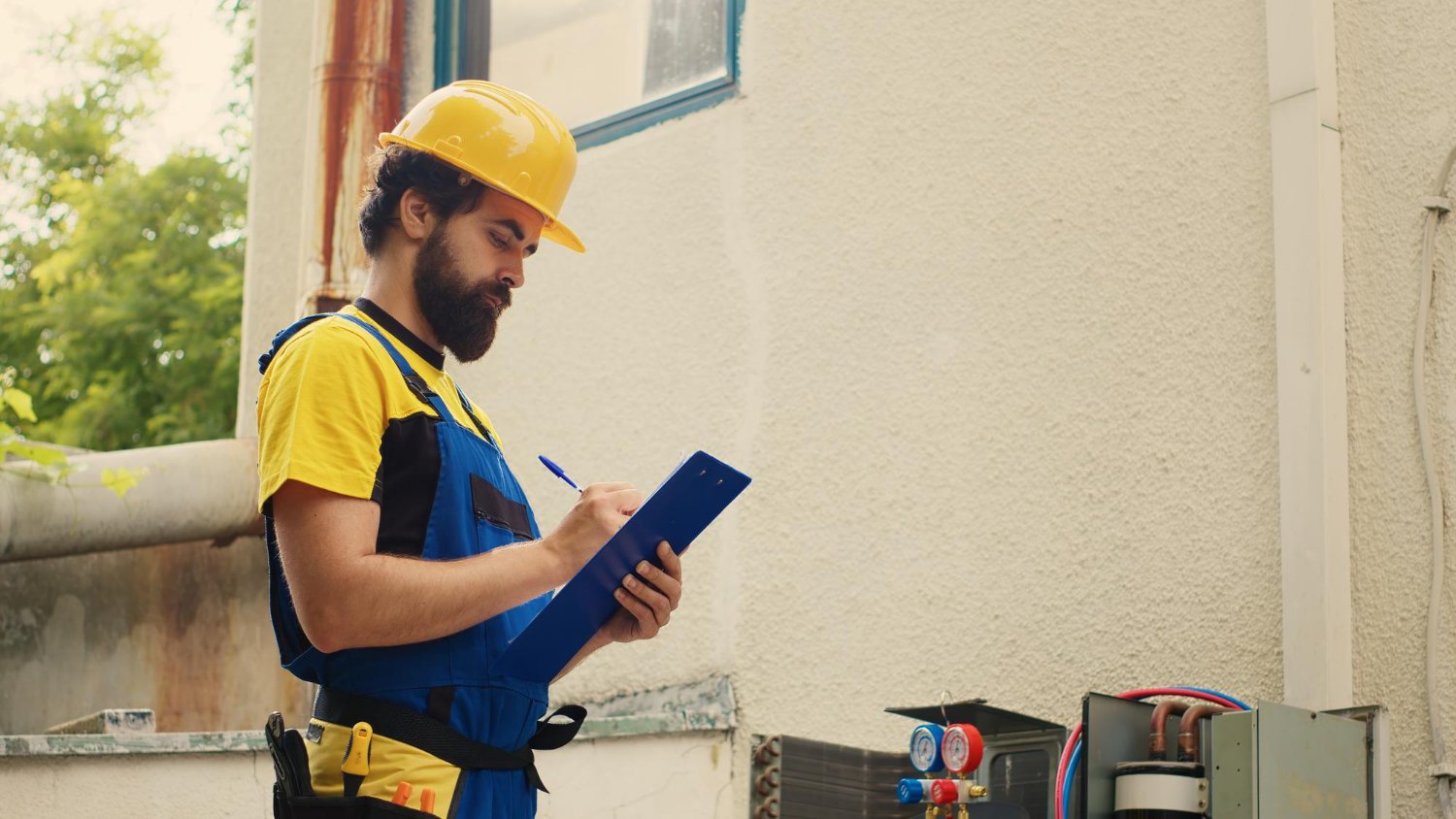Buying a home is an exciting journey, but the process can come with unexpected twists—especially if a home inspection reveals hidden issues. A thorough home inspection is crucial in ensuring there are no unpleasant surprises on closing day. Understanding what to expect, how to prepare, and how to navigate inspection results can make all the difference in a smooth transaction.
In this guide, we’ll demystify the home inspection process and offer expert tips to help buyers and sellers avoid last-minute hiccups before closing.
What Is a Home Inspection and Why Does It Matter?
A home inspection is a detailed examination of a property’s condition, typically conducted by a licensed professional. It assesses the structure, systems, and overall safety of the home. While an inspection is not required to buy a home, skipping it can lead to costly surprises down the road.
A home inspection benefits both buyers and sellers:
- Buyers gain a full understanding of the home’s condition before making a financial commitment.
- Sellers can address potential issues ahead of time to avoid negotiations falling apart.
What Does a Home Inspection Cover?
A home inspection typically includes a review of:
Foundation & Structural Components – Cracks, settlement issues, or signs of water damage
Roofing – Leaks, damaged shingles, and the remaining lifespan of the roof
Plumbing – Leaks, water pressure, and sewer line condition
Electrical Systems – Wiring, circuit breakers, and potential fire hazards
HVAC System – Heating, ventilation, and air conditioning efficiency
Appliances – Condition and proper operation of major appliances
Windows & Doors – Insulation, sealing, and functionality
Pest & Mold Issues – Any signs of infestation or moisture-related damage
How to Avoid Closing Day Surprises
1. Choose a Certified Home Inspector
Not all inspectors are created equal. Look for professionals with certifications from reputable organizations like the American Society of Home Inspectors (ASHI) or International Association of Certified Home Inspectors (InterNACHI).
2. Attend the Home Inspection
Being present allows you to see issues firsthand and ask questions. A detailed report is helpful, but nothing beats an in-person explanation from the inspector.
3. Don’t Ignore Minor Issues
A small leak or an outdated electrical panel might not seem like a big deal, but over time, minor problems can turn into major expenses. Addressing these early can save you money and stress.
4. Budget for Repairs or Negotiations
If significant issues are found, buyers can:
- Request the seller to fix the issues before closing
- Ask for a price reduction to cover future repairs
- Negotiate for seller concessions (such as closing cost credits)
5. Conduct a Final Walkthrough
Even if an inspection was completed weeks earlier, a final walkthrough ensures all agreed-upon repairs were completed and that the home is in the expected condition.
What to Do If Major Issues Arise
If a home inspection uncovers serious problems like foundation cracks, roof leaks, or HVAC failures, it’s important to assess your options. Work with your real estate agent to:
- Request additional inspections (for termites, radon, or mold)
- Negotiate repairs or credits
- Reevaluate whether to proceed with the purchase
While a home inspection might uncover unexpected issues, being proactive and informed can help keep your home purchase on track.
Final Thoughts: Inspections Are Your Safety Net
A home inspection isn’t just another item on the closing checklist—it’s an essential step in making a smart investment. Whether you’re buying or selling, understanding the process and preparing for potential issues will help you avoid surprises on closing day.
Need expert guidance on navigating home inspections? Contact us today!


